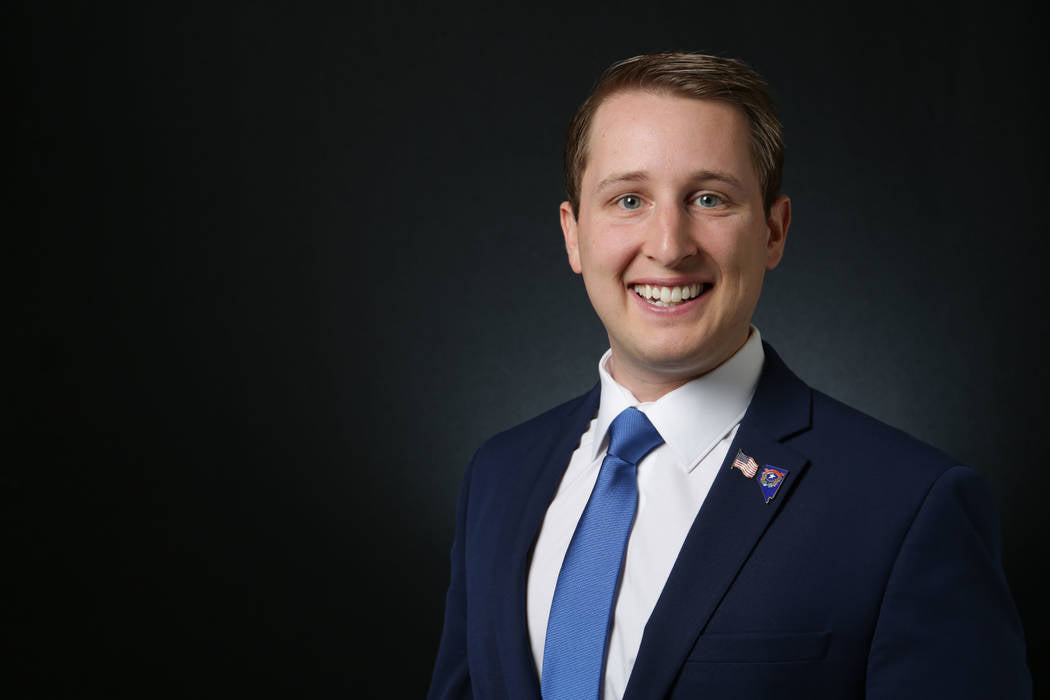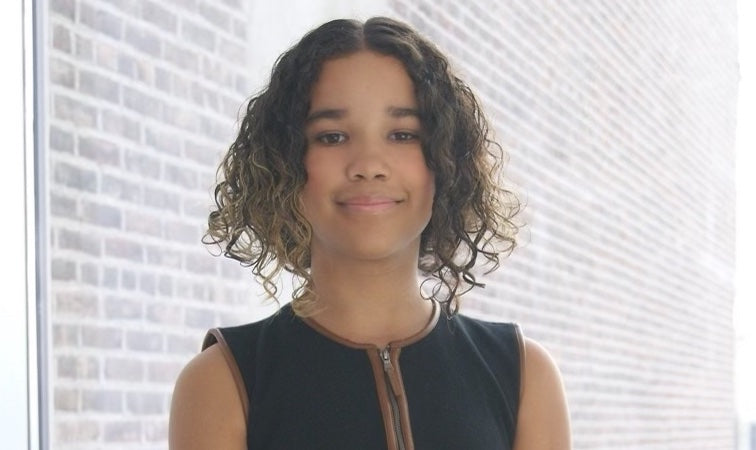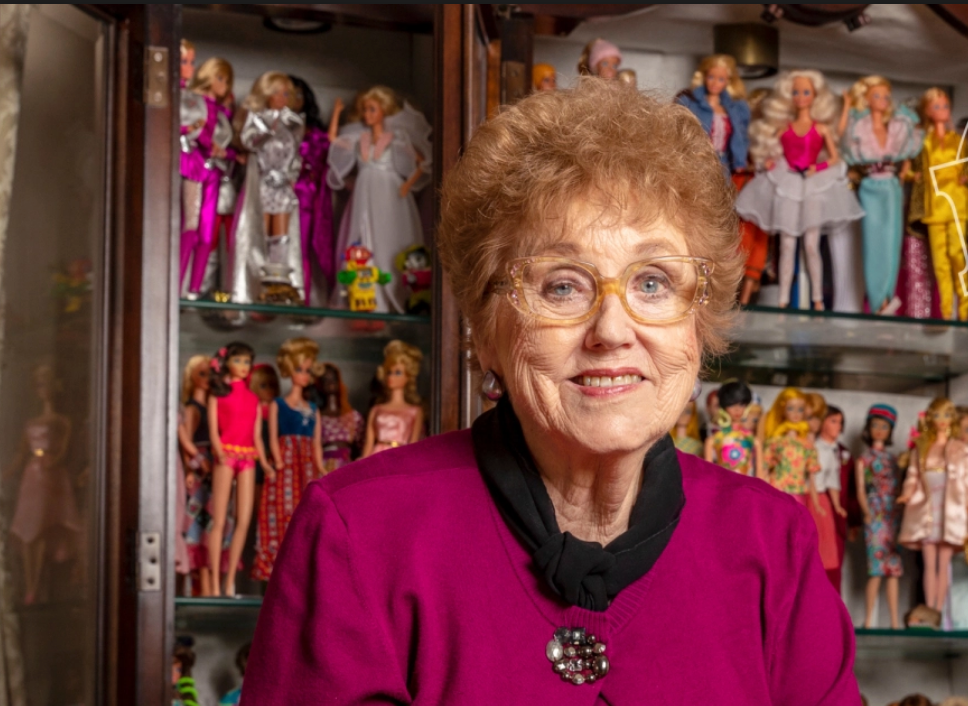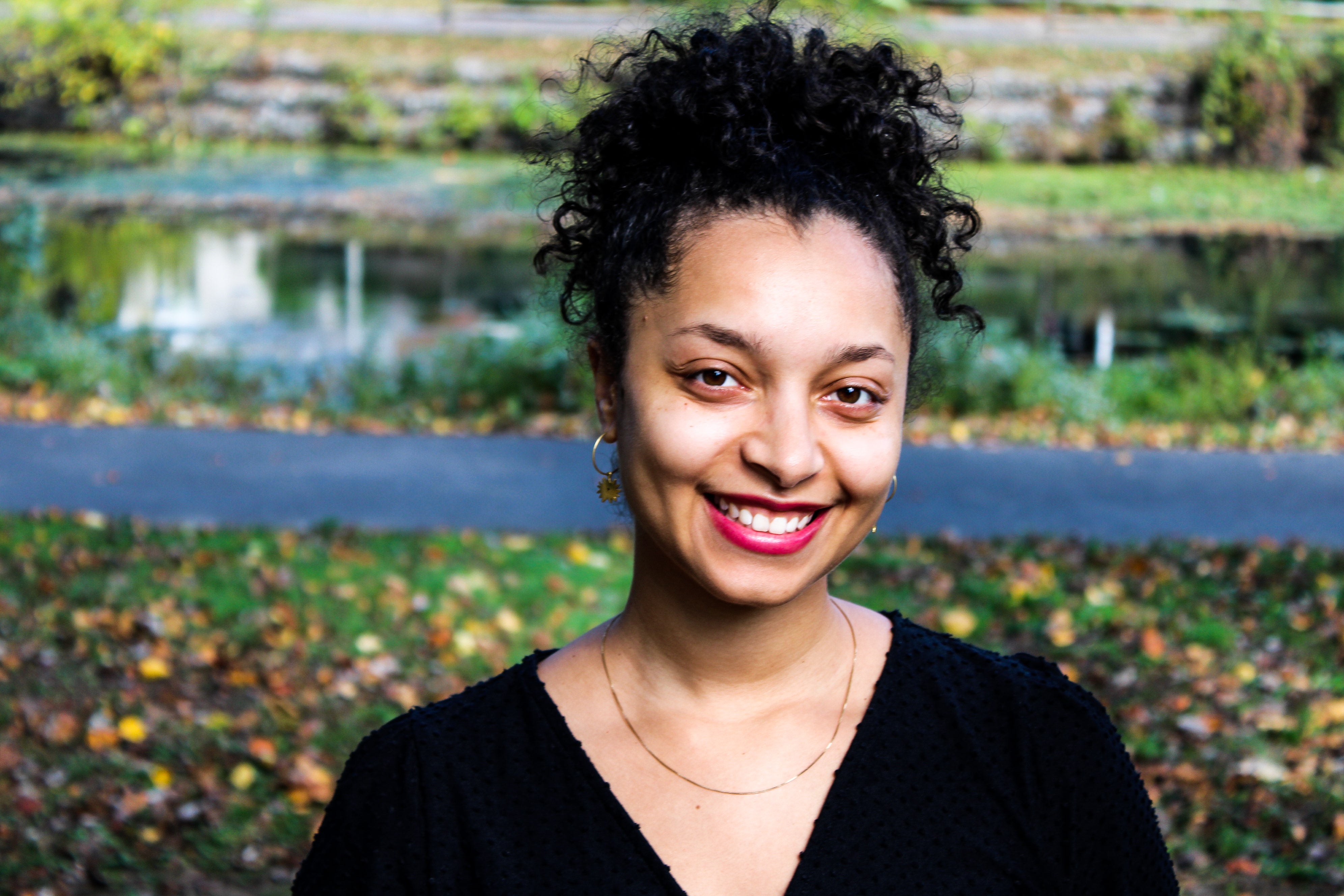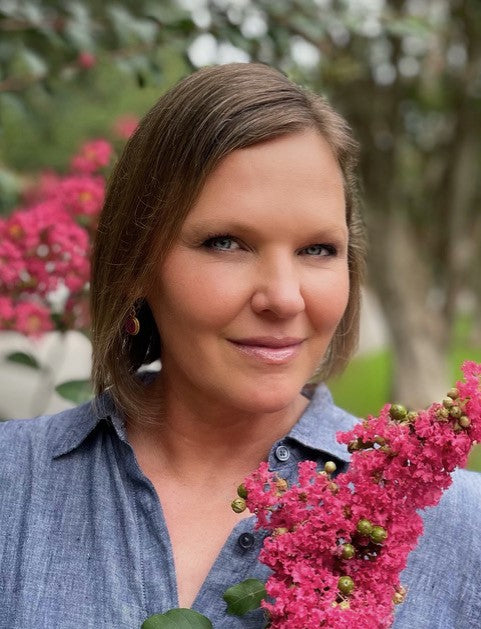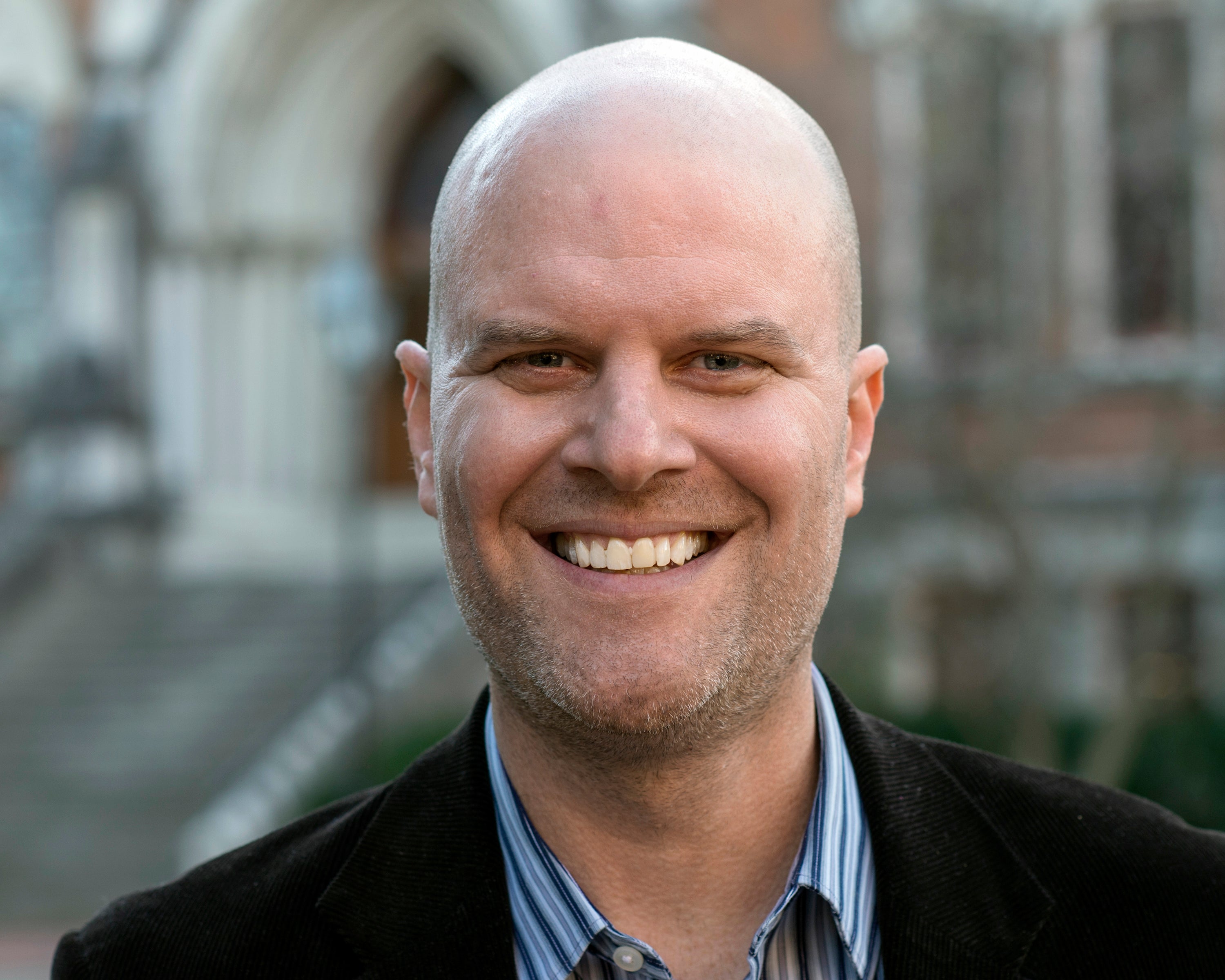Book: 13th Grade

Header Photo by Michael Quine/Las Vegas Review-Journal
Author: Daniel Hofstein
Author Bio:
"Daniel Hofstein is a patented inventor, published author, former: axe-throwing range owner (sold 2017), casino pit boss, accountant's assistant, school teacher, Realtor and property manager, and more.
When Daniel was 18 years old, he had already established an entrepreneurial mindset through playing poker in underground casinos throughout Chicago, investing in the stock market, buying and selling goods online, and other various small businesses, as well as traditional work at an accounting firm.
Through these activities, he had saved nearly $40,000 by the time he went to college. His first year in college he failed to pass a single class, was arrested on felony drug charges, and kick out of the dorms. He eventually got his act together, transferred to UNLV, and graduated at the top of his class.
Daniel Hofstein holds an undergraduate degree from the University of Nevada, Las Vegas and a Master's degree in Business Administration (M.B.A.) from Emory University.
He is currently running for public office to represent Nevada's Assembly District 35." (Source: amazon.com)
- You ran this past November for Nevada State Assembly to represent District 35, what was that experience like? And do you plan on running for public office again in the future?
Have you ever put everything you had into something, and then come up short? This was the first time in my life I experienced something like that. I put my heart and soul into a campaign, reached out to every person I have met over the past ten years (~3,000 people) asking for money, something which I lamented doing, knocking on the doors of 12,000 people, engaging in traditional campaigning with mail, interviews with local groups, and more, and still came up horribly short.
In the end, we received 10.11% of the vote, which is the best an independent has performed since 1994, but still, about 25% too short. The emotions from the campaign I had not expected. I expected some people to treat me better - and I expected few to treat me worse.
What I did not expect was an investigational journalist to contact me and offer 'dirt' on my opponents - if I paid up. (I, of course, refused. It was not how I wanted my campaign to act. We ran a 100% positive and policy-focused campaign.)
I did not expect certain people to help me - but only behind closed doors. I did not expect some to support me for a single reason when we disagreed on so much else. I did expect people to not support me for a single reason.
I did everything I could to win this election and still came up very short. The two parties have a near duopoly - it is nearly impossible to beat them... in a three-way race.
If I run again, it will be in a two-way race - and these are rare. There is too much to write on the subject of the election. I do not plan on running again.
- Education is the main topic in your book, 13th Grade: Real World 101, what are some changes you feel are needed for schools to effectively thrive in the 21st Century?
I think it would be wrong to say "this specific change is needed". We need what we have always needed: people to be encouraged to think for themselves.
This happens to a great extent at many schools, with many teachers, parents, advisors, and more. Encouraging this behavior and motivating students (hopefully to be self-motivated), is the most important.
Because the governments wield so much power in education and schools, they can help to encourage this through smaller class sizes (personal attention always helped me, at least) and allowing the teachers/principals to determine the best course of action.
Standardized tests are good for assessment, but too many, and too much funding/prestige tied to them creates an environment where performing well on a specific type of test is what is rewarded, rather than creativity and work ethic (or some other metric/standard).
- How did the idea for your book come about and what pushed you to write it?
It was not my idea. Many people have said, "Why do I learn the Pythagorean Theorem but not how to do my taxes?" After hearing that type of question for years, I decided to get to writing.
But taxes, of course, is much too large of a subject, and also too narrow of a focus. The key to this book was writing something which everyone could interpret in their own way.
Two people will read it, both will likely hate some chapters, and both will likely think they should spend their money differently - and that is OK, and actually the goal of the book.
- You have a very interesting life backstory, how did your life events help in the process of writing this book?
Experience. I am sure in thirty years I will look back at this book and think differently, as I am sure many who read this book will think "I would have said XYZ rather than ABC", which is wonderful - this is not gospel and I hope people will think for themselves as they read it (even though everything - or nearly everything - has sources cited).
- If there is one thing you'd go back and change about your writing process what would it be?
Outline better.
- How have the words of Benjamin Franklin been an influence on your life?
He is a person I hope to be more like in many ways.
- If there is one thing you hope readers take from, 13th Grade: Real World 101 what would it be?
Know, so that you can choose.
- What's the best book you have read in 2018?
I have not read this year as much as I should have. Through the campaign I ignored much of my own health - a mistake I hope not to make again. This year, "A Declaration of Independents" by Greg Orman or "The Centrist Manifesto" by Charles Wheelan. Last year, "Fountainhead" by Ayn Rand.
- What is the best advice you have ever received on happiness?
This is a topic I have researched often, though I am lucky, I am incredibly happy, and almost every time I am unhappy it is my own fault. Knowing that unhappiness is my own fault helps me to change something.
Working out/sweating gives a person endorphins - do it even though you don't feel like it at the moment. Stick a pen between your teeth (horizontal) to get happier before _____ (almost anything can go here: interview, date, etc.). Meditate.
When something happens, try to think of a good reason why someone is doing something - it is too easy to think of the worst possible scenario - think of the best possible scenario instead.
Have a goal; a two-year, five-year, twenty-year. Even if the goal changes, it will help you to grow. Happiness? Enjoy life, have fun, and treat others exceedingly well.
- What is your best advice for getting through writer's block?
Change something, but write. You can always re-write. But write.
- Do you plan to write more books in the future?
No. But plans change.
Places to Find More From This Author:
Twitter: @DanHofstein
Facebook: Daniel Hofstein, NPP
Website: www.danielhofstein.com
Get Your Copy of 13th Grade: Real World 101 Today!
